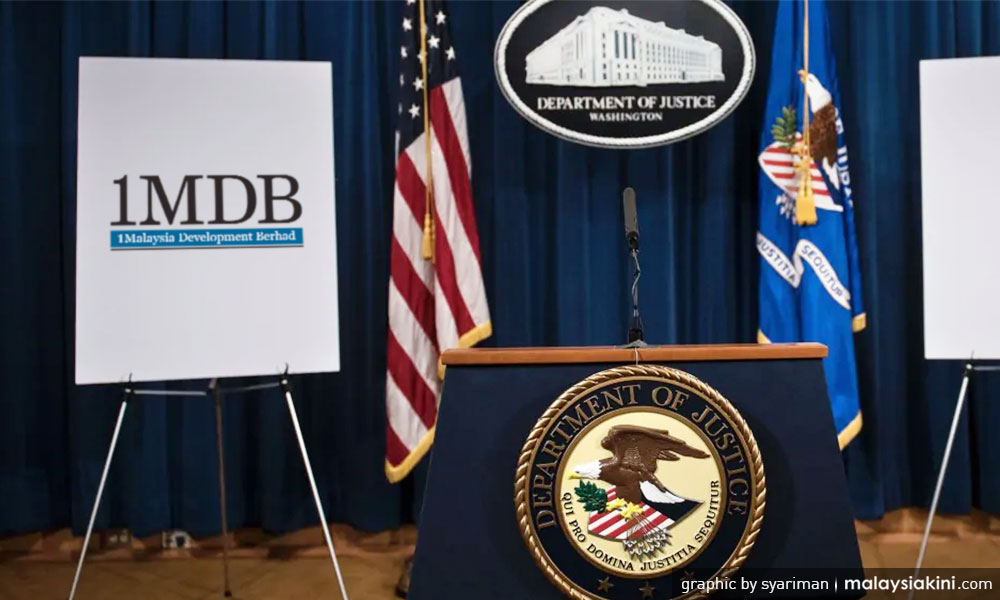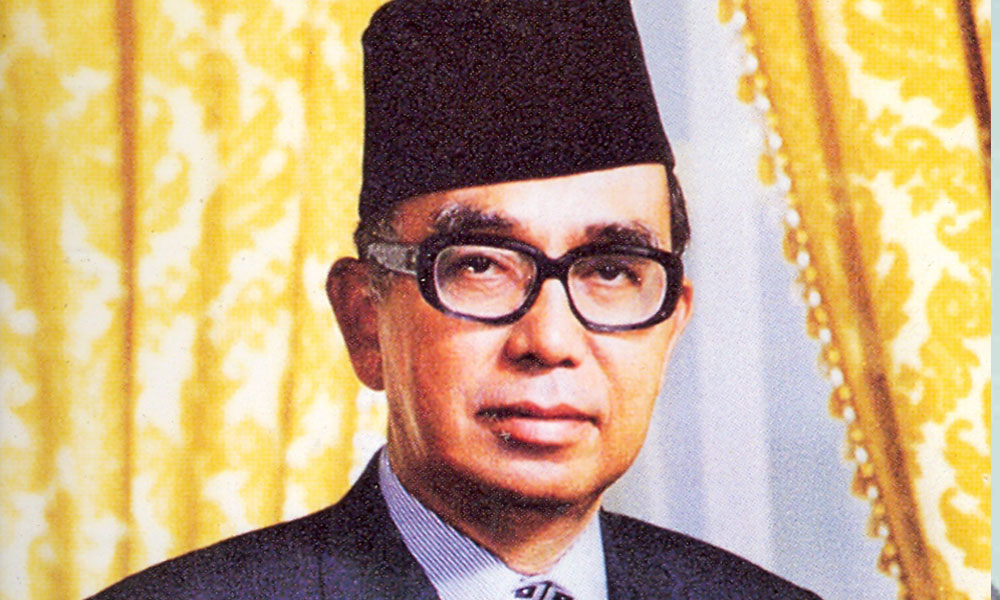MP SPEAKS | Former prime minister (PM) Najib Abdul Razak’s remarks before he was sentenced to a 12-year concurrent prison term and RM210 million fine by the Kuala Lumpur High Court as a result of his SRC International trial highlights how delusional and out-of-touch he has always been, even in the face of potentially losing his freedom due to his corruption and abuse of power.
Or perhaps he is hoping that Malaysians have short memories. At any rate, it is remarkable that his travesty of a speech was not laughed out of court.
Among other things, he said that “I ensured a fairer and gentler society.” But the Malaysia of 2009-2018 was anything but that, even if he were to try and compare his track record in administration for eight years compared to Pakatan Harapan’s 22 months.
Let us not forget that during his tenure in office, many Malaysians who had attempted to question his party and his actions were subject to the Sedition Act. The law was also abused against other opposition politicians, such as the infamous use of the Banking and Financial Institutions Act (Bafia) 1989 against Rafizi Ramli and my own run-ins with the Peaceful Assembly Act.
PKR president Anwar Ibrahim’s own controversial convictions by the Court of Appeal and Federal Court also took place during his era. Thankfully, most of these abuses were corrected while Harapan was in power - but these incidents are incontestable proof that Najib is not and has never been a friend of liberty.
Najib's time in government also saw worsening racial relations despite his pious claims of wanting to create a “1Malaysia”. This, after all, was the era of “Apa lagi Cina mau” and other attempts to demonise the minorities as well as frighten the Malays into submission. If anything, Malaysian society under Najib was one of brutality and fear.
We must also not forget that Najib, economically, was an utter failure in office. During a trial in 2019, he claimed that as PM, he appointed himself as finance minister to develop the nation.
It is very telling that he highlights GDP figures, the highs of the stock market, and the mega-projects of the period as his primary achievements in this field, hoping that much of it trickled down to society. It just goes to show how his, and indeed the BN and now Perikatan Nasional (PN) model of so-called development is completely out of touch with the realities of working Malaysians.

He did not talk at all about jobs or reducing the cost of living. The share of wages to GDP remained low, while corporate profits remained high. He was the mastermind of the disastrous implementation of the goods and services tax (GST) which strangled so many Malaysian small businesses and squeezed the middle- as well as working-classes.
Prices went way up thanks to GST not just for consumers but also because of improper implementation, where small businesses were hit harder than big ones. The steep increase in the price of homes was also a massive burden on the rakyat. This was partly due to easy-money policies that benefited speculators.
Let the record also show that in February 2018 (while his supposed “People First” government was still in power), Unicef published a study which revealed that one in five children in Kuala Lumpur’s working-class neighbourhoods (such as low-cost flats) were stunted while one in 10 were underweight.
It is also risible that he described his public transportation projects as something to be proud of given the massive amount of renegotiating Harapan had to undertake for some of them to get better deals for the country while the coalition was in office. It would be hilarious if we didn’t consider the real damage his failures have done to our country.

At any rate, the 1MDB scandal not only tarnished Malaysia’s reputation but with its debts reaching RM42 billion, it was a major burden on the country’s revenue. The US estimates out of the US$8 billion (RM34 billion) raised in bond sales, half was siphoned off.
This was money squandered that could have been spent on education, health, poverty eradication, and development. 1MDB also dragged in other institutions such as civil service pension body KWAP, pilgrimage fund Tabung Haji, and armed forces pension body LTAT.
Without 1MDB, Malaysia would have recovered faster from the global financial crisis in 2009. Given the favourable global macroeconomic and liquidity conditions, especially from 2012 until recently, we would have been in a better position to face the Covid-19 crisis.
In 2011, the government debt to GDP ratio crossed 50 percent, reaching a high of 53.6 percent in 2015 before settling at 51.2 percent in 2018. The statutory limit is 55 percent. If one includes the contingent liabilities for the government (one of the methods for disguising 1MDB debts), government debt reaches RM1.104 trillion.
On the other hand, if Najib wants to claim he had done such a great job as PM and finance minister, it is simply astounding that he can claim the crimes of 1MDB took place without his knowledge.

It gives me no pleasure to see the son of the late second PM of Malaysia Abdul Razak Hussein (photo) having fallen to such straits. Najib’s father is still revered to this day in the hearts and minds of many Malaysians especially the Malays - it is sad that his son now seems destined to be an infamous footnote in our history.
In these difficult times, it is normal for us to keep looking to the future. This is especially the case as we face public health and socio-economic challenges brought on by the Covid-19 pandemic.
But we must never forget the disaster that Najib’s misrule has brought upon us. And we must never doubt that we have it in our power to save our country as well as move it forward regardless of the obstacles in our way.
NIK NAZMI NIK AHMAD is the MP for Setiawangsa and chairperson of the Parliamentary Special Select Committee on Defence and Home Affairs. He is also the organising secretary of PKR.
The views expressed here are those of the author/contributor and do not necessarily represent the views of Malaysiakini.





